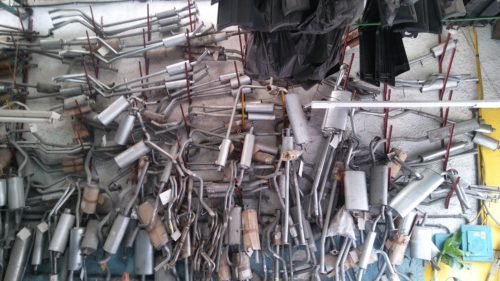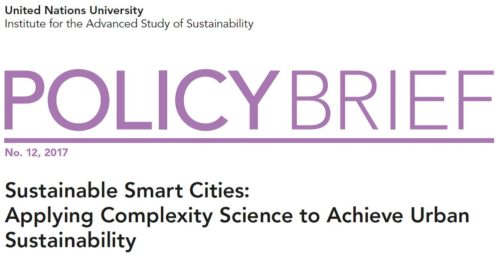Alexandros Gasparatos / post
The overall aim of this project is to contribute to improved human well-being as the overarching goal of the Sustainable Development agenda. It will define and advance a systems approach for sanitation and the study of sustainability outcomes across different sanitation systems, geographical contexts (India, Brazil) and temporal scales using multiple analytical approaches and state-of-the-art modelling. Scenario building will support decision makers in uncovering plausible futures.
The overall aim of this project is to enhance our understanding of complex human-environment interactions and their sustainability outcomes. SASSI will define and advance a systems approach for sanitation which situates basic human functions within wider human ecosystems of critical social, economic and environmental resources and social institutions, cycles and order.
The project will study sustainability outcomes across different sanitation systems (e.g., service-networked; sewage-based), environments (urban, peri-urban, rural) and temporal scales (historical analysis, scenario modelling) using various analytical approaches and state-of-the-art modelling.
SASSI will contribute to enhanced human well-being as the overarching goal of the Sustainable Development agenda. It will address crosscutting issues in sustainable development. It will focus on Shanghai (China) as a prime example of urban transformation, drawing on quantitative and qualitative data to understand the development of infrastructure over time and explore how possible context-specific policy- or design-focused interventions may contribute to sustainable development in the future.
Smart city approaches promise technology-based opportunities to build sustainable urban futures. However, it is unclear how current market-led approaches can... [more]
Towards Sustainable Sanitation in India and Brazil (TOSSIB)

A Systems Approach to Sustainable Sanitation Challenges in China (SASSI)

DACAS – UNU-IAS Policy Brief on Sustainable Smart Cities
